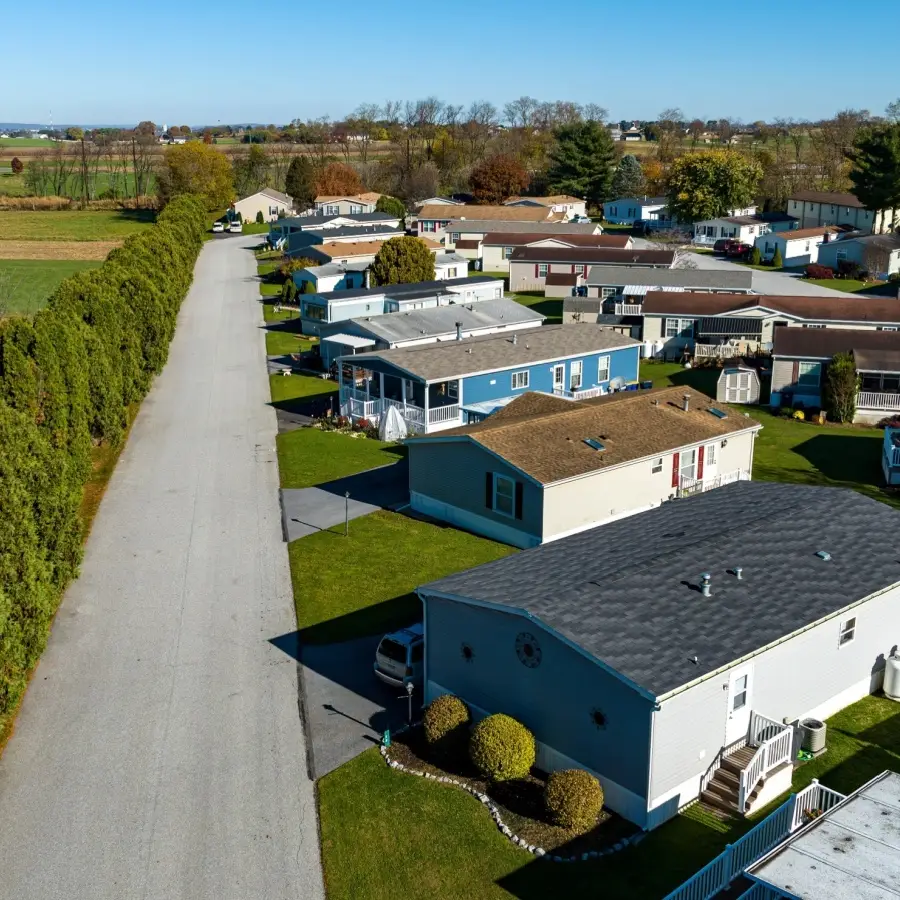Understanding the Three Types of Mobile Home Investments

By Adrain Smulde
Mobile Home Parks
A mobile home park may consist of two or more units on a single parcel. Owners might possess just the land or both the land and the homes. Operating a mobile home park often requires inspections and special licenses. Ownership models vary: owning both the homes and the land is akin to running a flat apartment complex with comprehensive responsibilities, whereas owning just the land reduces maintenance duties, as tenants manage their own units. Given the right management approach, both scenarios can be highly profitable.
Investors should consider seller financing to mitigate sellers’ potential tax impacts from cash sales. For bank financing, community banks are usually more amenable to negotiating terms. However, the increasing acquisition of larger parks by hedge funds has intensified competition, potentially squeezing returns.

Mobile Home on Rented Land
In this scenario, you own the mobile home but not the land it sits on, treating the home as personal property (often governed by DMV regulations). The landowner charges a lot rent and may impose rules such as age restrictions or subletting conditions. Before investing, ensure the landowner supports your operational plan and check that the current owner is up-to-date on payments.
Financially, aim for the rental income or monthly payments from the mobile home to be double the lot rent to buffer against potential vacancies. Traditional banks may shy away from financing these investments, so exploring private funding or using personal resources could be necessary. The main drawback is the lack of control over the land, which can lead to unpredictable changes in park management policies.

Mobile Homes with Land
Purchasing both the mobile home and its underlying land constitutes a real estate transaction, offering both an asset and a stream of income. This method tends to attract less competition, enhancing profit potential. The key advantages include more stable tenant occupancy and the security of owning the land, which remains valuable even if the mobile home depreciates.
While many investors focus on generating rental income from these “aluminum castles,” fix-and-flip strategies are also viable, provided that you verify bank financing criteria for potential buyers. Work with a title company experienced in these transactions to ensure all legalities, including lien searches and proper documentation of the home and land, are addressed.

Take Action
Each investment type offers distinct advantages and challenges, tailored to different business goals. For instance, combining mobile homes with land has significantly increased my cash flow compared to traditional site-built homes. If you’re ready to explore these opportunities further, consider which model aligns best with your objectives and start taking steps towards your investment future.

Leave a Reply